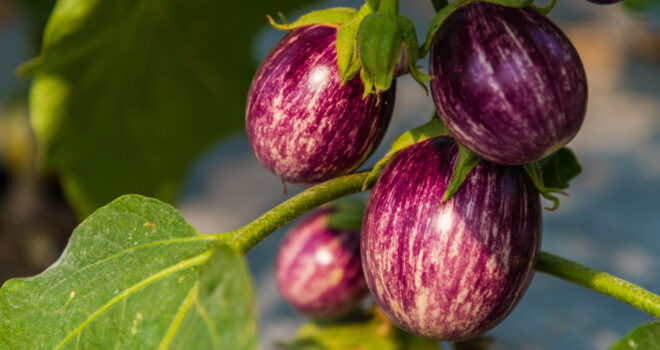In his opening remarks on the occasion of the second international symposium on agroecology, the FAO’s Director-General stated that agroecology can help address the new challenges that global food production faces.
The 2nd International Symposium on agroecology, titled “Scaling up agroecology to achieve the Sustainable Development Goals”, was held in Rome from 3-5 April 2018. Around 700 participants attended the event, which was hosted by the United Nations Food and Agriculture Organization (FAO). They included political decision-makers and government officials, agroecology specialists and representatives of civil society, the world of academia, researchers and the private sector. The meeting gave them the opportunity to exchange ideas and discuss the policies and actions to put in place to promote agroecology and achieve the Sustainable Development Goals.
Need for transformative change
According to the FAO’s Director-General, José Graziano da Silva, our current food systems are not sustainable, for various reasons. He said they are based on high-input and resource-intensive farming systems at a high cost to the environment, and as a result, soil, forests, air quality and biodiversity continue to degrade.
Nowadays, we also produce much more food than we really need. The focus on increasing production has not been sufficient to eradicate hunger in the world. In fact, we are even seeing a global epidemic of obesity, which is a threat to public health.
José Graziano da Silva thus stressed how important it is to transform the way that we produce and consume food. He insisted on the urgent need to put forward sustainable food systems that offer healthy and nutritious food and also preserve the environment.
According to the Director-General, agroecology can contribute to this transformative change.
Agroecology to develop sustainable food systems
According to the FAO, “there is a broad consensus that agroecology can be instrumental in achieving a wide range of policy, environmental and food security targets, from sustainability-related goals to the reduction of rural poverty”. In his opening remarks, José Graziano da Silva urged policy-makers to consolidate and develop agroecology. This combined ecological and social approach to agricultural systems can improve the resilience of farms, especially in developing countries where hunger is concentrated. It can boost local economies and safeguard natural resources and biodiversity. It can promote the adaptation of ecosystems and mitigate the impact of climate change.
The FAO’s Director-General addressed his remarks in particular to political decision-makers around the world, whose support is vital to achieve this transformative change.
Find out more about agroecological techniques including permaculture.



 Peas
Peas  Millet
Millet  Vegetable garden: growing avocado
Vegetable garden: growing avocado 









